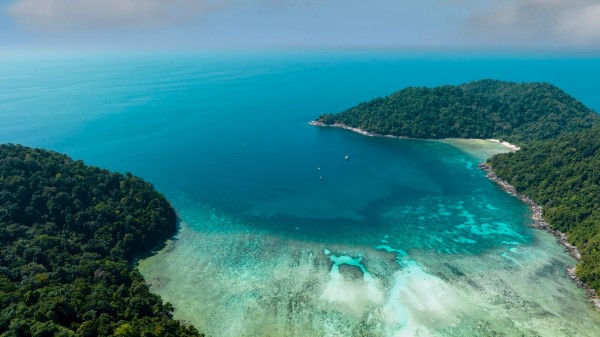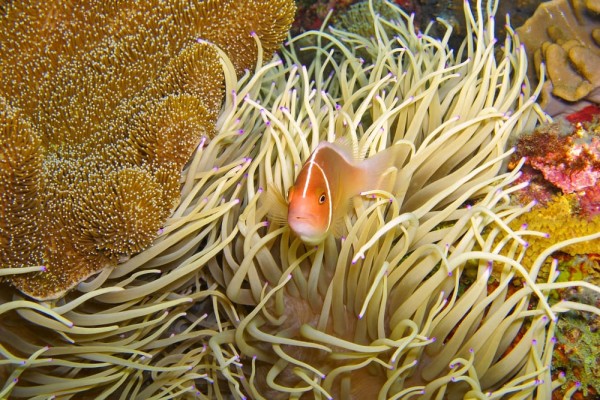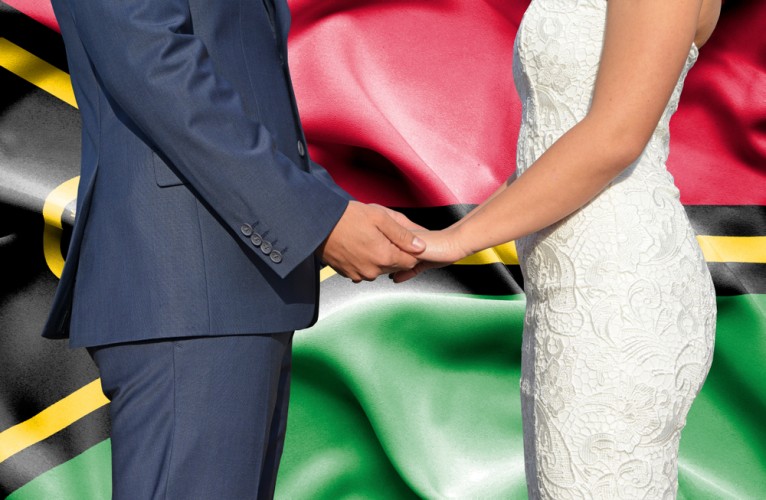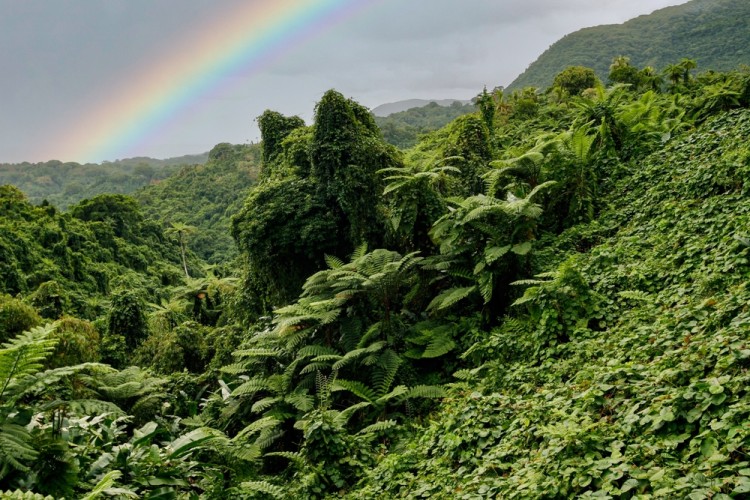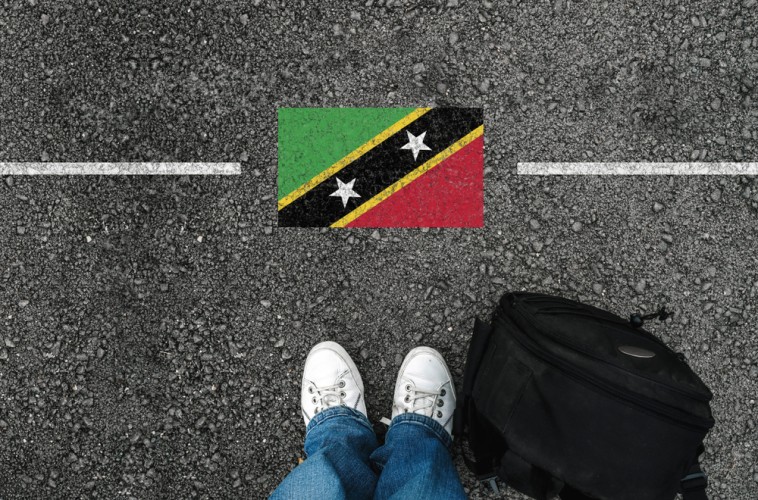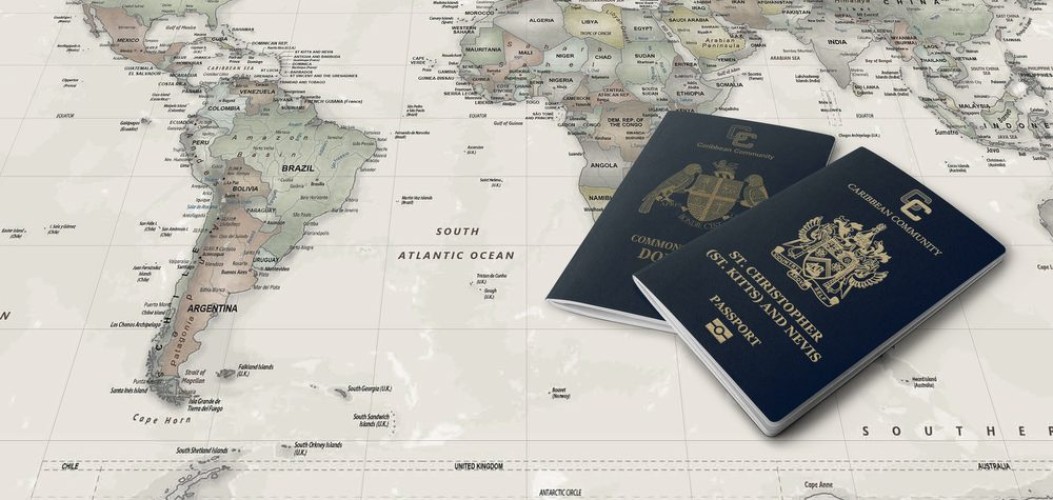Income levy places a serious burden on both organisations and ordinary people. For this reason, many people want to become civilians of states that do not have such a levy. Here we are talking about small islands in the Caribbean. They improve their own economy at the expense of investors from other nations.
Tax free nations
The levy rates vary from state to state. There are states where the levies are very high. For example, in America, organisations have to pay 21% of their own income. Moreover – the head of the nation, Joe Biden, intends to increase the levy to 28%. In France, the levy is equal to 33.33%. At the same time, there are states where the levies are small or even equal to 0.
Reasons for the absence of taxes
This topic is of interest to everyone who lives in a state where it is impossible to do business without paying levies. Levies are the money used to ensure the work of the state. At the expense of levies, the state can organise education, medicine, social infrastructure. Where do states with no levies get their money from?
The answer to the question is quite simple — such nations have other options for obtaining funds. States can earn income by providing tourist services, trading, extracting oil. There are states without income levy, but with payments for profits, real estate. There are also nations where it is required to buy permits to open a company, pay stamp duties.
In other words, the absence of income levy does not mean that there are no levies in the state at all. Civilians still have obligations to the nation. However, such nations provide for a lower levy burden, if compared to the USA, Europe, and Asia.
Advantages and disadvantages of nations without income levy
Advantages:
- you can grow your business quickly;
- preservation of profits;
- less work related to levy returns.
Disadvantages:
- the option is suitable, for the most part, only for large companies, wealthy investors;
- small territories, limited infrastructure;
- high cost of land plots and houses.
List of no income tax countries
Below are 10 states that have no income levy. Important information is provided for each of them. Study it to determine if a particular state is right for your business, if it matches your individual preferences.
Cayman Islands
The nation does not provide for levies at all. This makes it an attractive option for migration for both organisations and ordinary people. There is only 1 compulsory payment – stamp duty 7.5%. This is payable if ownership is transferred.
To access zero levies, it is required to acquire Cayman Islands nationality. However, this is not a significant problem. A certificate is granted to those who have invested 1,200,000 USD in a firm that gives employment to civilians. The treaty on the prevention of double taxation is formalised only with England, New Zealand, and Japan.
The islands are covered with dense tropical forests, which are home to many species of birds, lizards, toads, and many other species of animals.
Rare animals such as mongooses, raccoons and crabs can be found on the islands.
The waters around the Cayman Islands are home to a huge variety of marine species such as corals, fish, sea turtles, dolphins and starfish. These waters are also home to stingrays, sharks and many other marine creatures.
The Cayman Islands are also famous for their white sand beaches, crystal clear waters and picturesque coral reefs. All this makes the nature of these islands unique and attractive to tourists from all over the world.
Vanuatu
This is another state where there is almost no levy. Ordinary people do not pay levy on their income. The same applies to organisations – you do not have to pay even for capital gains. Stamp duty, equal to 150 USD, is provided when opening a company that operates in the global market. The fee does not need to be paid for transactions where property is transferred within the nation. It is also not required to pay the fee for securities and shares.
The treaty on prevention of double taxation is formalised with Sweden. In addition, the nation has levy treaties with 13 nations.
The islands of Vanuatu are covered with dense rainforests that are home to many unique plant species, including a variety of palms, orchids, fruit trees and grasses. These forests are home to various species of animals such as birds, lizards, sea turtles and many others.
Vanuatu’s marine fauna is also rich in species. Corals, a variety of fish species, sea turtles, dolphins and sea creepers can be found in the coastal waters. In some areas of the islands, a spectacular underwater realm with colourful reefs and inhabitants can be observed.
Vanuatu’s islands also offer volcanoes, lagoons, waterfalls and picturesque white sand beaches with warm waters. This unique nature makes Vanuatu an attractive destination for tourists travelling in search of beauty and adventure in a natural environment.
Bahrain
There are no levies on income, profit, and capital gains. A 2% stamp duty is payable on transactions where immovable property is acquired or transferred.
Employed Bahrainis pay insurance, taking into account the norms of the Bahrain Social Insurance Organisation. It is also worth mentioning firms that produce and process oil and gas in the nation. They pay a levy of 46%. The nation has 45 treaties on prevention of double taxation.
Bahamas
Civilians do not pay levies on either income or capital gains. However, from 2024, profits of Bahamian firms are taxed at 0.25%. For banking companies, the levy is 1%. The operation of investment funds, holding companies provides for zero levies.
The updated system applies to all firms that are registered in the Bahamas. It also applies to individual entrepreneurs. It does not matter where exactly the income comes from. The nation has no treaties on the prevention of double taxation with other states.
UAE
There is now no income levy for ordinary people in the Emirates. The income levy is 9%. Firms that extract and refine oil are taxed 50%. Foreign banking organisations pay a levy of 20%.
In the UAE, any foreign civilian with a resident visa is considered a taxpayer. The state has concluded treaties on prevention of double taxation with 92 nations.
Monaco
There is no income levy for ordinary people. Firms pay a capital gains levy equal to 25%. This applies to those organisations that have more than 25% of their profits coming from abroad. It also applies to companies that are related to patent law, brands.
Value added levy is equal to 2.1-20%. It all depends on the type of products. Stamp duty is fixed, can be increased. This happens if the documentation is issued on paper of non-standard size. The nation has 18 treaties on the prevention of double taxation.
Panama
The absence of levies is relevant for people with income from other nations. Also those who earn less than 11 thousand USD in Panama do not pay levies. All other persons pay progressive levy on income equal to 15% or 25%. Legal entities pay 25% levy on profits, if they received it in Panama. For capital gains there is a 10% levy. Stamp duty is equal to 0.1%. The nation provides for a 3% levy on the sale of immovable property, 5% on securities, and 7% on movable property.
Treaties on the prevention of double taxation are formalised with 17 states.
Dominica
There is no income levy for ordinary people if earnings are less than XCD 30,000 annually. For other people there is a progressive levy of 15-35%. Civilians pay levies on income from any state. Non-residents pay levies only on income from local sources.
Organisations operating in Dominica pay a corporate levy of 25%. No capital gains levy is payable. Stamp duty on real estate transactions is 2.5% for the person selling the property. The acquirer pays 4%. Transactions in shares of firms where more than half of the assets are immovable property are also subject to stamp duty. The nation has double taxation treaties with 11 states that are members of the Caribbean Community.
Antigua and Barbuda
Ordinary people do not pay levy on income, as well as entrepreneurs who receive less than 42 thousand XCD per year. Other people’s income is subject to either 8% or 25% levy. It all depends on the amount of income. Organisations pay 25% levy. For financial companies, the levy is slightly less.
Global companies that are registered in the nation can apply levy exemptions valid for 50 years. The benefits apply to profits that come from outside the Caribbean region. To apply the benefits, one cannot carry out transactions in XCD.
Members pay stamp duty on real estate transactions. Sellers pay 7.5% and acquirers pay 2.5%. The nation has no double taxation treaties. However, there are data transfer treaties with the states of the Caribbean Community.
St Kitts and Nevis
Ordinary people do not pay income levy if they receive less than one thousand XCD monthly. In other cases, a levy of 3.5-19% is paid. Also, all employed civilians must pay insurance, make contributions to social development, housing fund. Businessmen pay 4% levy on income.Resident firms pay levy on worldwide profits. Non-residents pay only for the profit that is received in the nation. The levy is 33%. For immovable property you have to pay 0.2% if it is intended for residence. Commercial property is subject to 0.2% levy. The nation has concluded 6 treaties on prevention of double taxation. The agreements are signed with England, Denmark, America, Sweden, Norway and Switzerland. There are also 21 treaties on the transfer of information on levies.
Comparing no tax countries with low tax countries
In fact, only the Cayman Islands and Vanuatu can be classed as levy-free states. Other nations with levy exemptions are more suitable for ordinary people and individual entrepreneurs, but have mandatory payments for organisations.
Be that as it may, states with small compulsory payments still have advantages compared to Europe and the USA. One should take into account individual preferences, business goals, as well as the current state of residence. Sometimes migration to a low-levy state will be better than moving to a zero-levy nation.
Impact of taxes on the economy
Preferential levies are used by offshore nations to accelerate the development of their own economies. The cancellation, reduction of certain levies makes it possible to:
- accelerate the development of specific economic spheres;
- attract investors, employees from abroad;
- solve existing problems;
- improve the quality of life.
Strategies of financial management in tax-free nations
Creating a personalised strategy for managing finances in a levy-free nation is not an easy task, which is best left to those who understand levies and finance. You need to consider the following:
- legal status;
- length of stay in the nation;
- amount of earnings, profits;
- state of origin;
- number of employees (for organisations);
- age;
- presence of husband or wife;
- level of language comprehension;
- individual needs.
Migration to a distant nation with low levies is not something that can be tested easily at first and then change the decision. It is a significant step, a responsible decision.
Moving to a country with no income tax
Levy benefits are not enough to decide to immigrate to another state. It is necessary to evaluate the nation according to such criteria:
Security level. In Somalia, Western Sahara, there are a lot of criminals, so such states are not suitable for emigrants, even if we take into account the absence of large levies.
- Climate. Heat, humidity can negatively affect children, the elderly, and people with heart pathologies. Since most of the low-levy states are located in the tropics, you need to determine whether you and your family can adapt to the appropriate weather.
- Infrastructure. Having a levy-free income is a good thing, but life should be convenient and interesting. A nation without medicine, entertainment facilities is not a good place to move to.
What you need to do before you migrate
Emigration is a complex, lengthy process that needs to be carefully planned. Few people dream of moving and then finding out that the nation is not a suitable place to live.
First of all, decide what your goals are. Someone emigrates for business, others want to live comfortably with their family, and others plan to move for medical treatment. It is recommended to determine at once whether the state is suitable for you.
Familiarise yourself with the peculiarities of the language and culture. In most of the states with minimal levy burden people speak English. If your native nation speaks a different language, it is recommended to improve your knowledge of English. This will prevent a language barrier after emigration. The same applies to culture, religion. The more you know about the nation you are emigrating to, the easier it will be to move.
Think about your own relatives. If they emigrate with you, make sure your spouse will be able to continue working. You can only emigrate if all your relatives feel comfortable in the new place.
Relocation planning
Legal and financial issues are the most important in emigration. They determine whether you will have a legal status and what your financial situation will be after the move. Below you can familiarise yourself with the key recommendations:
- Find out if the state has a treaty with your home nation that prevents double taxation. This means that you will not have to pay levies in your home nation after acquiring nationality of another nation. Double taxation is laboured intensive and stressful.
- Research what is required for a study visa. In certain states, those who are involved in investments, business, first apply for a special visa. Then they can apply for nationality. There are states that allow you to immediately issue a certificate.
- Plan your own income. One of the acceptable scenarios is to move your business to a state with a minimal levy burden. It is also possible to create a company already in the territory of the new nation. Legally, these are 2 different business options. It is better to assess the advantages and disadvantages of each solution in advance. It is best to get advice from an experienced lawyer, talk to other emigrants.
- Get rid of debts in your home nation. Pay levies, fines, complete bank transactions. You will probably need to get a new credit card to be recognised by the banks of the nation you intend to move to.
- Prepare documentation. Business documents, levy returns, insurance policies, and medical records will all be needed both in preparation and in the new state. Having the right documents can prevent a lot of complications.
- Make a power of attorney for a person who will represent your interests in your home nation. This will allow you to remotely resolve issues with immovable and inherited property.
There are similar programmes in Antigua and Barbuda and Dominica. You need to pay from 100 thousand USD. In addition, such programmes operate in St. Kitts and Nevis, Vanuatu. In the case of these nations it is necessary to invest from 150 thousand USD. All nations with low levy burden allow emigration with the whole family. You can move with your husband or wife, children. In certain states it is possible to emigrate with partners, old parents, grandchildren. Usually immigrants are given a special visa or another long-term document. It all depends on which programme is chosen. Such visas give the right to reside in the nation permanently. After living in the nation for several years, a certificate can be issued.

